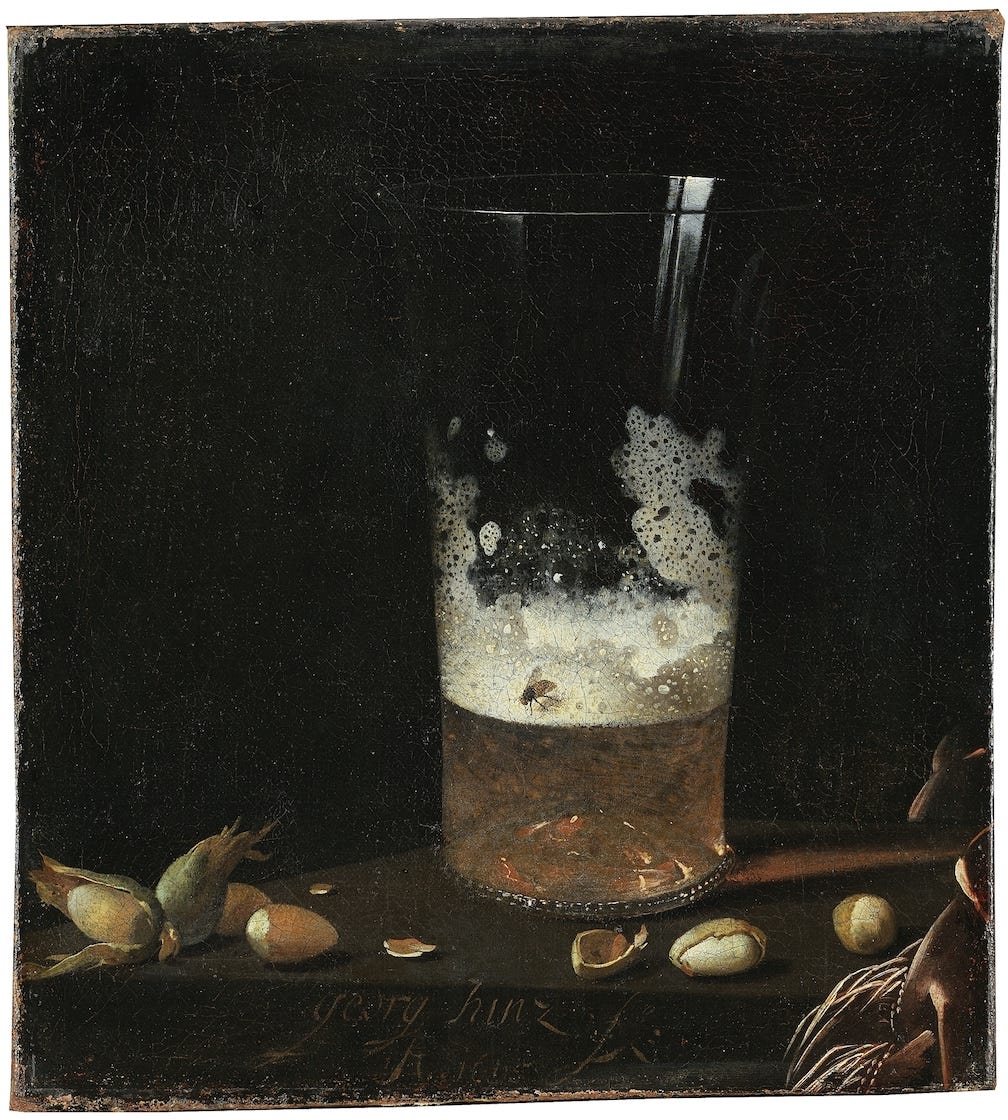Surprise Testimony Shows Nevada Wholesale Beer Industry on Verge of Collapse
1000s of Wholesaler employees face layoffs if 1/2 of 1% of beer leaves three-tier system.
Nevada’s beer wholesalers collectively appear to be in dire straights and are on the precipice of shedding thousands of jobs in the state. The information came to light at a hearing on a bill concerning distribution privileges on the state’s brewpubs.
As background, lawmakers on Wednesday in the Senate Labor and Commerce Committee heard testimony on SB 108, a bill that would allow brewpubs (facilities where beer is brewed as well as sold to the public) to transfer their beer to the brewery’s offsite taproom, essentially a tasting room where beer is sold to the public but not brewed. Under current law, a brewery must sell its beer to wholesalers, who then mark up the beer up to 38% and resells it back to the same brewery and deliver it to their taproom. SB 108 would change the law to no longer require the brewery to sell beer to a wholesaler before transferring it to their own auxiliary taproom.
There are currently a total of 51 craft breweries in the state of Nevada. These licensed breweries are allowed to produce up to 40,000 barrels of beer annually for sale in the state and may sell up to 5,000 barrels annually out of their brewpubs and taprooms combined. Notably, Nevada-made beer represents a mere 3% of total beer sales in the state, primarily via wholesalers but also from their brewpubs and taprooms. Today Nevada is near the bottom of the barrel for sales of beer by a state’s breweries. Moreover, the percentage of beer sales that go through the state’s brewery taprooms (the category of sales impacted by SB 108) would represent far less than 1% of all beer sales in the state of Nevada.
The desperate plight of Nevada beer wholesalers was made clear in the testimony given in opposition to SB 108 and allowing breweries the right to transfer beer between their brewpubs and tap rooms. Numerous members of the wholesale tier testified that if Nevada breweries, which, again, represent a mere 3% of all beer sales in the state, are allowed to transfer their beer themselves to their secondary taprooms rather than using wholesalers, 100s and 1000s of jobs will be killed or put at risk.




